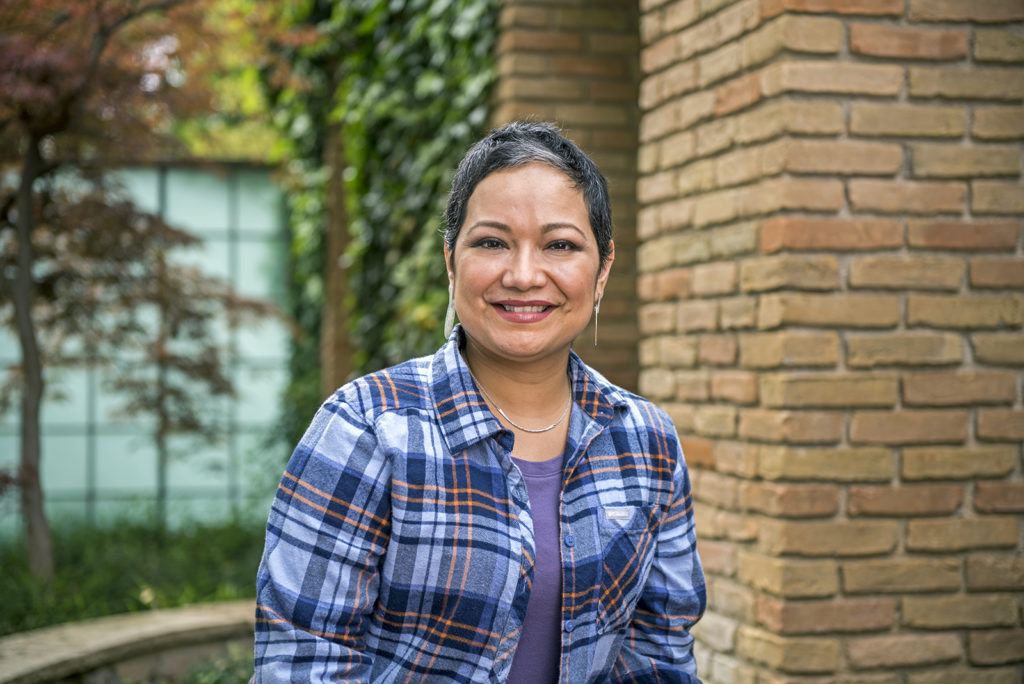A cornerstone of health consciousness for adult women includes being on the lookout for breast cancer. There’s plenty of evidence that this eternal vigilance is worth it. In fact, early-stage breast cancer that hasn’t spread has a 99% five-year survival rate.
The path from routine screening to suspected cancer to confirmed diagnosis usually is the shorter part of a longer cancer journey. But a better understanding of these preliminary steps can help set you on the right course for a successful cancer fight. Early detection is key because cancer in its early stages and localized to one location is the most treatable.
Self-Exams
Starting in their 20s, women should check their breasts monthly for lumps or unusual changes in feeling, appearance, or discharge. Pay attention to how your breasts normally look and feel, and immediately report any changes to a physician.
Conducting regular self-exams is important in detection, but it has limitations in detecting early-stage breast cancer when symptoms do not always appear. That’s why physicians recommend additional screenings.
Screenings
Preventative, proactive screenings, such as mammograms, clinical breast exams, and MRI are the most effective methods for early detection. Screenings can find cancer cells before symptoms are present.
Mammograms identify any abnormal areas in the breast, such as calcifications (white spots) and masses (tumors) that can only be detected from screenings. According to the American Cancer Society, women who receive regular mammograms are more likely to detect cancer early, require less aggressive treatment, and have better outcomes.
Women should have clinical breast exams at regular intervals depending on age. Physicians may recommend an MRI for some women.
Confirmation and Identification
If a suspicious area is found, additional tests can confirm if the area is benign or cancerous. Also, breast surgeons often perform procedures to collect tissue to determine if it is cancerous and identify the tumor characteristics.
Tests on tissues from the tumor help in determining staging and identifying tumor markers. Tumor markers provide valuable insights to a patient’s care team, such as how aggressive a cancer is, the most appropriate treatments, and whether it is responding to treatment.
If a tumor is cancerous, more surgical options and techniques are now available to help patients make a very personal decision that is right for them.
Ultimately, patients are their bodies’ best advocates, and it is important for women to actively take control of their health with regular preventative checks for breast cancer. Early detection is important, but with the myriad of treatment options available and more promising treatments on the horizon, we offer women ever greater hope for successful outcomes.
For more information, visit TexasOncology.com.












0 Comments